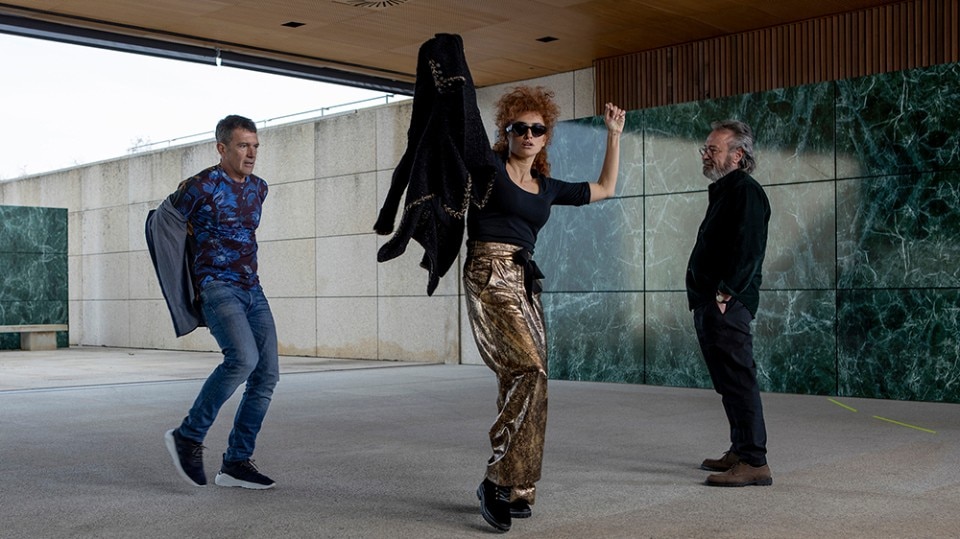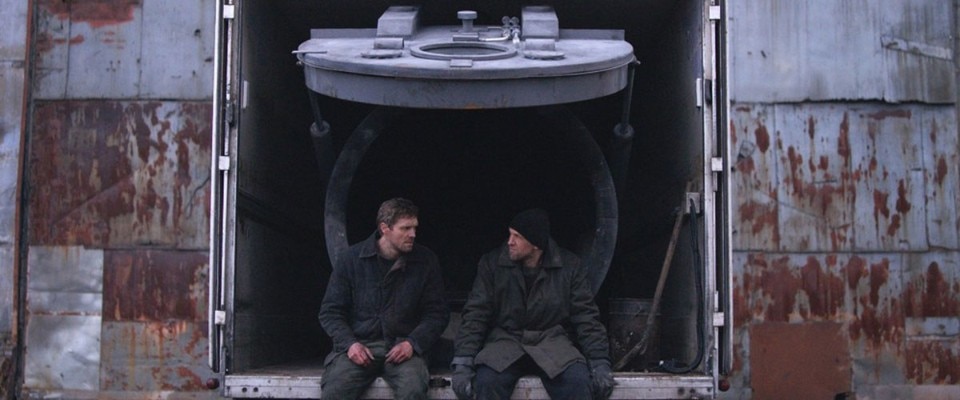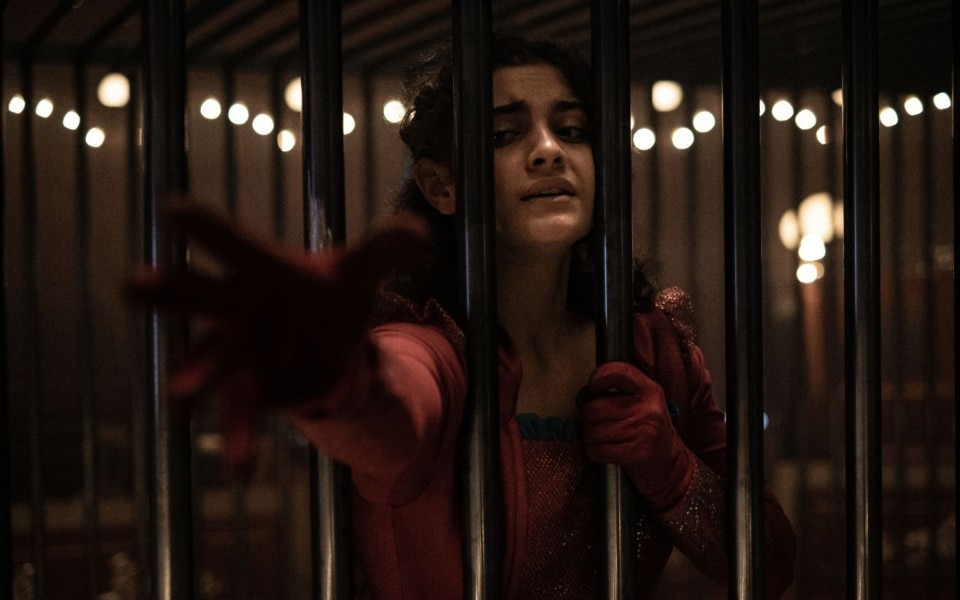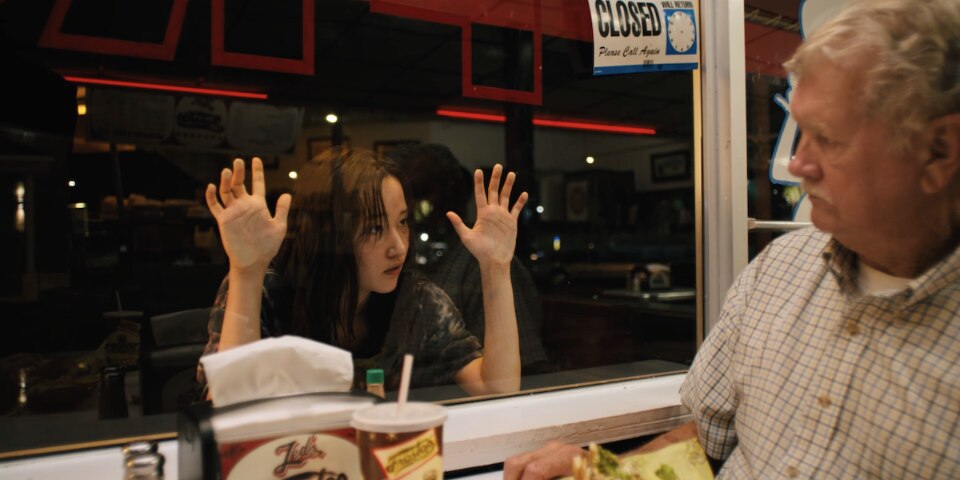The current has changed. The auteur cinema, that of festivals and intimate and intense stories, has triumphed and found success in recent years with genre operations or works that are related to the fantastic or based on mythologies that used to belong to mainstream cinema. We are talking about films as big as Arrival or as small as The Witch, about angry and controversial films like Get Out or delicate like Let the Right One In or experimental like Titane (which this year was a huge success at Cannes, inspired by David Cronenberg and his B movies of the 1980s).
The Venice Film Festival has been at the forefront of this change, which has not happened overnight but taken years from being a niche trend, a timid attempt to a constant growth and a solid reality. It is here that everything gets mixed up, that one year the Golden Lion is won by a four-hour Filipino film such as Incendies and the next by The Shape of Water, a film such as Nomadland with real American nomads and even a political origin story like Joker. But even beyond the top prize, for years now the competition has included, alongside the more usual festival films, westerns, science fiction works even from remote parts of the world, and dystopias made on vastly different budgets.
Cinema has not given up thinking or experimenting. If anything, it has realised that the same kind of thoughts and ideas in the heads of the performers of a drama are not debased by a comedy, a chase, guns or super powers. Those familiar with Blade Runner, Apocalypse Now!, Caliber 9, Out of the Past or The Facts of Murder have known this for some time, but in the years since District 9 (without passing through the festivals) made a new fusion of serious themes and spectacular settings, the film industry has understood how to reinstate the highest art form for a wider audience: by creating something that tells a story as a means of triggering more sophisticated reasoning in the viewer's head. This is how that current changed.

It's no surprise, then, that this year's Venice Film Festival competition features an impressive number of these kinds of film, auteur works with an auteur vision and the mastery of auteur filmmaking that play with, twist and overturn genre cinema in original and complex ways.
This is exemplified by Official Competition, one of most successful films at this festival and which will hopefully have a great future. A masterpiece of devastating comedy with a brain, it is the work of two Argentinean auteurs (Mariano Cohn and Gaston Duprat), who have been working for more than a decade under the world's radar and are now on the proscenium thanks (finally) to a budget worthy of their talents that has enabled them to hire Penelope Cruz and Antonio Banderas. It is the story of a pharmaceutical magnate who, at 80 years of age, wants to produce a film in order to be remembered by the people. He buys the rights to adapt a novel by a Nobel Prize winner, he buys the popular award-winning director and the best actors. The film recounts the clash to make this intellectual work with the continuous use of a kind of humour we are not used to and which affects usually dormant areas of the brain. It is not the classic subversion (expecting one thing and seeing another happen), more the emphasizing of small details of the everyday and normal to highlight their ordinary absurdity. A highly intellectual operation of great classic cinema that fills the hall with laughter.

Even Ukrainian war dramas have adapted! Reflection by Valentyn Vasyanovych, resembles in fact an Eli Roth torture porn (at least in its central part). It is war film in which a surgeon lives a normal, middle-class existence, that he has to interrupt for a period of service in the war against Russia. We see him at first with his family, then in the war, and then again with his family in the third part. There is a formal perfectionism of fixed shots and compositions of unbelievable precision, as well as a great work on the acting, but what surprises and gives meaning to the whole parable is the fact that in the central war part, these art cinema techniques are used to show how he is tortured and how he witnesses terrible torture. It is a concept (that belongs to) spectacular cinema, translated into the language and time of auteur cinema, which knows how to touch the deepest human chords more than commercial cinema and thus gives suffering a real and concrete dimension.

The fact that this is a marked trend is confirmed by Philippino cinema, which over the last ten years has always been one of the most active, interesting and up-and-coming. If Brillante Mendoza changed the classic festival drama and Lav Diaz expanded the definition of film with immensely long river works composed with an incredible formal balance at budgets so small they make you laugh when you hear them, now Erik Matti has brought the sequel to his 2013 On The Job (titled On The Job: The Missing 8), a gun movie like the first one, a cop movie shot on the street with all the trappings of the genre but unlike films from any other country is made among people, using natural settings with very little preparation (there is no budget for that) yet with the same results in terms of pace and sense of danger. Which is the amazing part. Cinema that feeds on reality, as we have seen so many times, that instead of making a drama out of it delivers a story of corrupt police and car chases, as we have never seen before.

And finally Italy, the least explainable absentee from the great wave of fantastic cinema of the last 30 years, capable of shining at international level only with more traditional and never with spectacular cinema, attempts the great leap forward. Freaks Out, with its story of Nazism in the occupied city of Rome in 1945, creates an incredible bridge between the legacy of post-war cinema and Hollywood Americanisms. Gabriele Mainetti was considered an innovator in his country right from the start thanks to his debut They Call Me Jeeg, a watershed for Italian cinema as much as Freaks Out wants to be for (at least) European cinema. It took six years to make it (it has to be said that it was ready for 2020 then the pandemic arrived...), but it is worth the wait. Superpowers, abuses, train assaults, mutilated partisans and all fronts against each other to dream of a cinema for all with laughter, explosions, a tear, and the show was welcomed with open arms by Venice. And in competition as well! The same competition that only 10 years ago would not have wanted to know anything about.

If all this wasn't enough, to give a complete picture there is also Mona Lisa And The Blood Moon, in all respects a 1980s B-movie, one of those that could have been cited in Stranger Things, a slasher movie, with a monster that, like Freddy Krueger and Jason, only slaughters victims until found by a child and helped by him. It is a story that does not intend to take itself seriously, made up of gunfire, blood and the conventions of genre storytelling, in which director Ana Lily Amirpour (who had already made a name for herself with a highly allegorical film about a vampire woman in Iran, with the chador as a cloak) brings into play the political theme par excellence of our times. It is in fact the story of a woman who has been interned for years of her life, an immigrant who has been locked up in an asylum and who at a certain point, without any real reason, retrieves her mental faculties and starts controlling people with her thoughts, hurts them and escapes. Women have woken up and are not going to be slaves anymore.
Opening image: Reflection, directed by Valentyn Vasyanovych.


